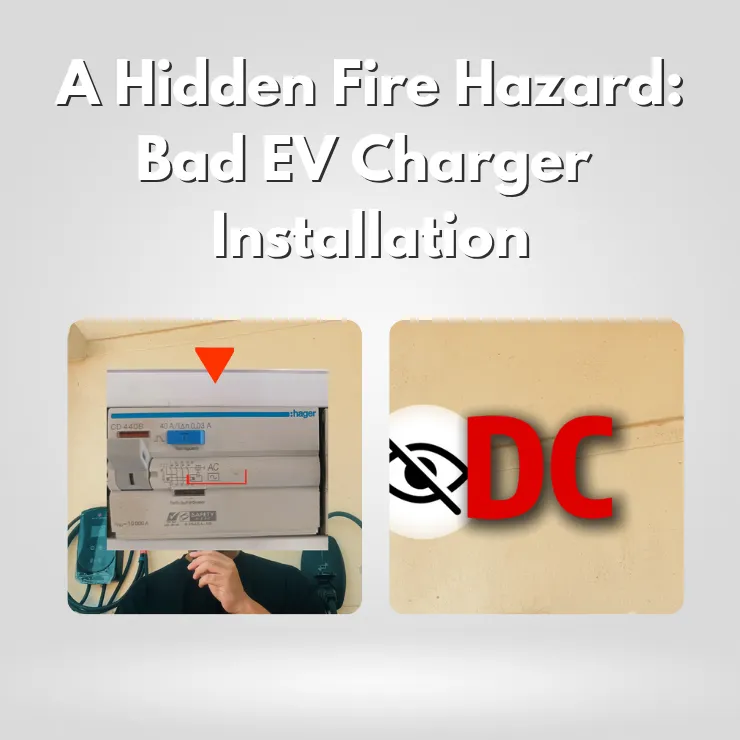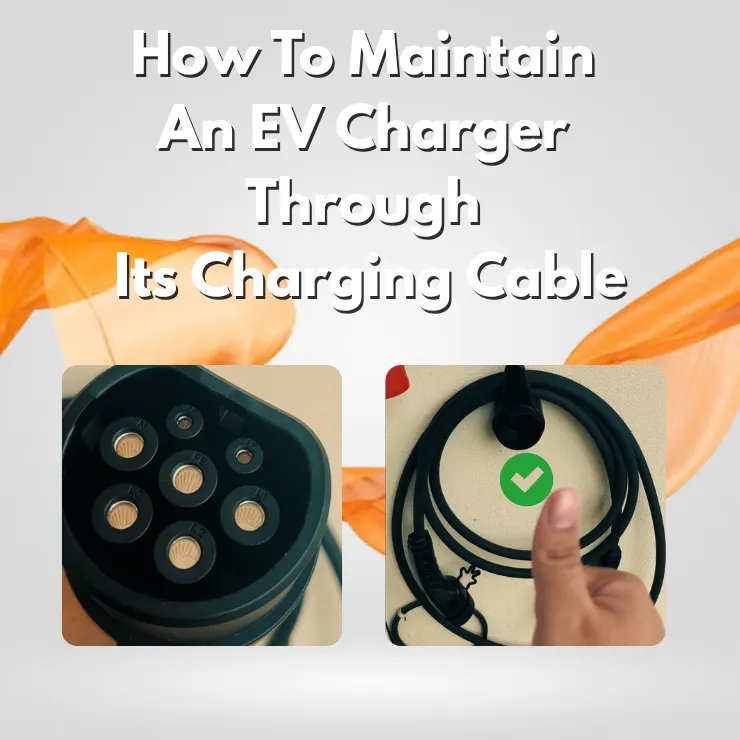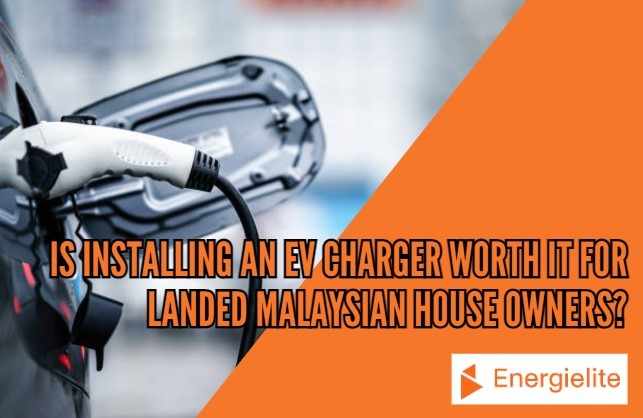
Overview
If you’re an electric vehicle (EV) enthusiast, you might be pondering the value of setting up an EV charging station at your residence versus depending on the public charging network.
To arrive at a well-informed choice, it’s crucial to evaluate the expenses entailed and calculate the time required to reach a point of cost parity when compared to utilizing public charging stations.
Cost Comparison between Public Charging and Home Charging
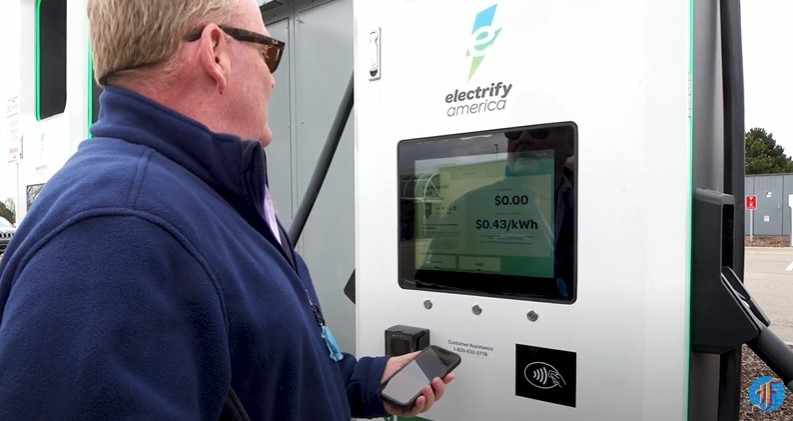
We’ll begin by delving into the financial aspects of both choices. Public charging may reach as high as RM1.00 per kWh, whereas home charging can be as economical as RM0.439 per kWh.
The initial cost for a home charger and its installation can commence at RM2850, with the option to request a more precise quotation via the Energi Elite form.
Challenges and Inconveniences of Public Charging for EV Owners
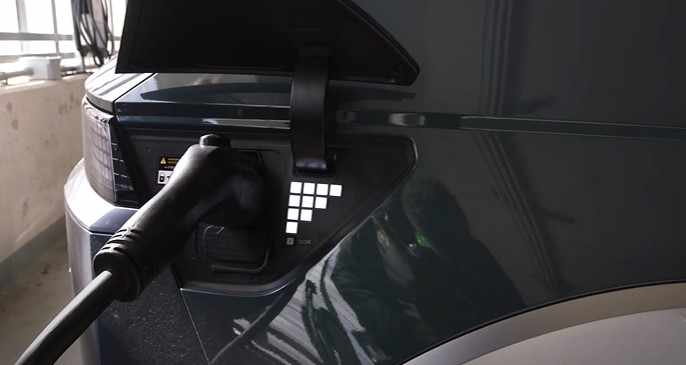
While public charging may appear convenient, it presents its own set of challenges. Charger availability can be problematic, particularly during peak hours or in high-traffic areas, potentially necessitating wait times when others are using the chargers.
Furthermore, some public chargers have time restrictions or impose extra fees for extended usage, requiring EV owners to remain in close proximity during the charging process.
Commuting to and from public charging stations can consume a significant amount of time, impacting your daily schedule.
Additionally, the inconsistent pricing structures at public charging stations can make it challenging to anticipate the cost of each charging session.
Break-even Analysis for Home EV Charging Investment
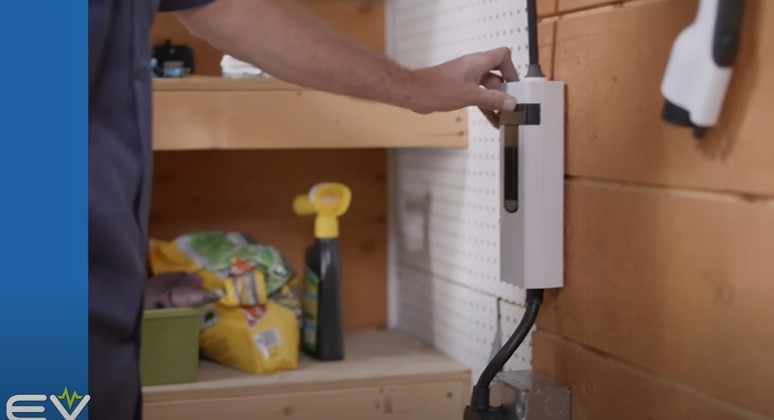
To determine the financial viability of installing an EV charger at your residence, it’s essential to calculate the break-even point.
This point signifies the number of days needed to offset the initial investment of the home charger compared to utilizing public charging, taking into account a daily driving distance of 60 kilometers.
For instance, in a household with two cars, each covering 60 kilometers per day, it would take approximately 181 days of home charging to recoup the investment, making it more cost-effective than using public chargers.
If there’s only one car, it would require 362 days, roughly a year, to achieve the same outcome. Having two electric vehicles in the household can significantly reduce the time necessary to recover the initial investment in a home charger.
Conclusion
The decision of whether to install an EV charger at home for landed house owners hinges on individual circumstances, driving patterns, and long-term objectives. For households with multiple electric vehicles, the return on investment is likely to be even more swift, rendering a home charger a financially enticing option.
Additionally, taking into account the inconveniences linked to public charging, such as waiting times and additional travel, a home charger can offer the convenience and peace of mind sought by many EV owners. Therefore, it’s an opportune moment to consider proposing the installation of an EV charger at your residence, enabling you to enjoy the convenience of charging your EV at your own pace and on your own terms.
Frequently Asked Questions
Is it Worth Installing an EV Charger at Home for Landed House Owners?
Yes, it is worth installing an EV charger at home for landed house owners. While public charging infrastructure is available, it can be inconvenient and time-consuming to rely on it solely. Installing an EV charger at home provides ease and convenience, allowing you to charge your EV overnight or during off-peak hours.
What are the Benefits of Installing an EV Charger at Home?
There are several benefits of installing an EV charger at home, including convenience, cost savings, and increased property value. With an EV charger at home, you can charge your EV overnight, saving time and money compared to relying on public charging infrastructure. Additionally, installing an EV charger can increase the value of your home and make it more attractive to potential buyers.
Will Installing an EV Charger Increase the Value of My Home?
Yes, installing an EV charger can increase the value of your home. According to a report by the National Renewable Energy Laboratory, homes with EV chargers can sell for up to Rm15,000 more than similar homes without them. Additionally, having an EV charger at home can make your property more attractive to potential buyers, especially as EV adoption continues to grow.
Can I Save Money by Installing an EV Charger at Home?
Yes, you can save money by installing an EV charger at home. With an EV charger at home, you can take advantage of off-peak electricity rates, which are typically lower than peak rates. Additionally, you can avoid the fees associated with public charging infrastructure, which can add up over time.
Are There Any Government Incentives for Installing an EV Charger at Home?
EV owners are exempted from road tax and can claim a personal tax exemption of up to 2,500 ringgit (US$571) for costs relating to EV charging hardware and services, including the purchase, installation, rental, and subscription fees of EV charging facilities, until the end of 2025.
How Long Does it Take to Recoup the Cost of Installing an EV Charger at Home?
The time it takes to recoup the cost of installing an EV charger at home varies depending on several factors, including the cost of installation, the price of electricity, and how often you use your EV charger. However, with the cost savings associated with off-peak electricity rates and avoiding public charging fees, many homeowners can recoup their installation costs within a few years.



